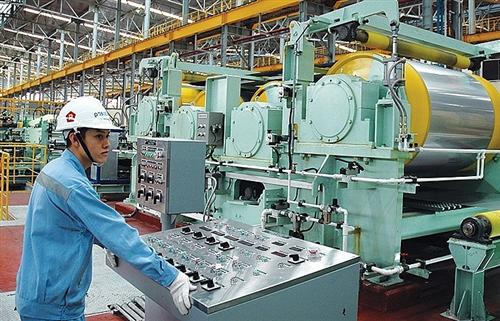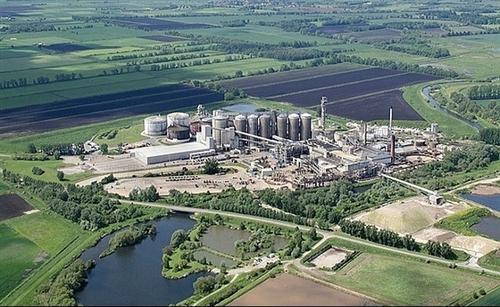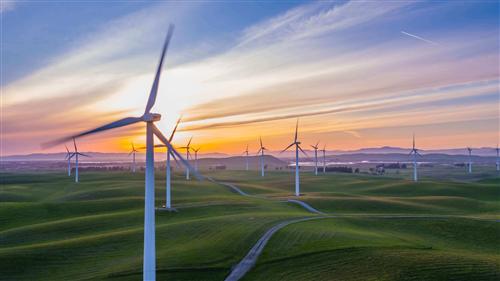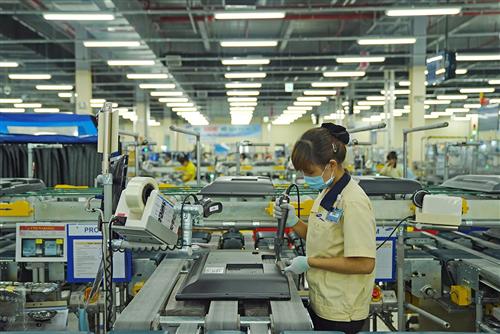Lender attitudes shift on coal-fired ventures
Lender attitudes shift on coal-fired ventures
A handful of international financial groups have cut their ties with coal-fired power plants – a sustainability move as investors and the public demand strong action on climate change.
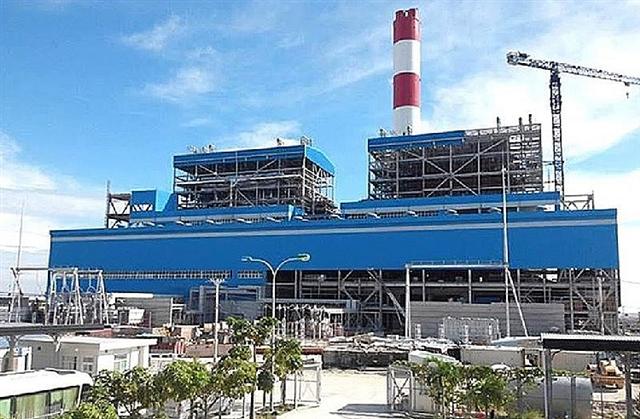
Lender attitudes shift on coal-fired ventures, illustration photo
|
A few days ago, the multinational lender HSBC confirmed that it would cease lending to new coal power stations anywhere globally – a bold shift moving towards decarbonisation.
HSBC said that it had amended its policy specialising in phasing out coal support, removing the previous exemption of Vietnam, Indonesia, and Bangladesh. Experts stated that the bank’s move would affect its involvement in funding Long Phu 1, a planned coal project with estimated investment capital of about $1.87 billion in Vietnam, where it acted as global co-ordinator. The plant begun construction in 2011 in the southern province of Soc Trang.
Earlier this year, VIR also reported that the financial group went cold on continuing its activities at Vinh Tan 3 Thermal Power Plant after being appointed as financial advisor to this $2 billion project in 2014.
Vinh Tan 3 thermal power plant, which has three turbines with a total installed capacity of 1,980MW, is the largest coal-fired thermal power facility at the Vinh Tan thermal power centre in the south-central province of Binh Thuan.
HSBC’s cancellation marks the latest move by a major international lender to ease off on bankrolling fossil fuel in Asia as many banks are under pressure from environmentalists and investors to move their financing away from fossil fuels.
The Royal Bank of Scotland stated it would end financing coal by 2030 and place stricter rules on oil and gas, while in December, Standard Chartered has pulled financing for three coal-fired power plants in Southeast Asia. The bank did not name the projects but industry sources said it referred to the Vung Ang 2 and Vinh Tan 3 plants in Vietnam, and Java 9 and 10 in Indonesia, as cited by Reuters.
CLP Holdings, one of the largest investor-owned power businesses in Asia Pacific, also halted its investment in new coal-fired power plants. The group is one of the developers of domestic Vung Ang 2 and Vinh Tan 3.
Credit Suisse, the ex-lender and shareholder of Vincommerce and Novaland, said it would stop financing new coal-fired power plants as well. Last November, the Danish Energy Agency, together with the Ministry of Industry and Trade, cautioned Vietnam against building new coal-fired power plants. It believed the country needs prompt action to slash future coal demand, which could include taxation on the use of coal or limits on new coal-based power generation.
In mid-April, two Japanese megabanks, Sumitomo Mitsui Financial Group (SMFG) and Mizuho Financial Group, signalled their cancellations in lending and investing to new coal-fired power plants from May 1.
SMFG – a foreign shareholder of Vietnamese private lender Eximbank – said in a statement that the globe has been moving towards decarbonisation since the Paris climate accord and that it “would not provide financial support in principle to new coal-fired power plants,” according to The Japan Times.
The company’s move is part of its efforts to address climate change and support the global movement towards decarbonisation, including the Japanese government’s call for an 80 per cent reduction in greenhouse gas emissions by 2050.
Mizuho, on the other hand, planned to half its $2.8 billion loans to coal power projects by 2030 and then to reduce them to zero by 2050. The move illustrates a global rise in momentum towards new measures against climate change. Notwithstanding, Mizuho said it may consider offering loans to projects designed to upgrade existing coal-fired plants with higher efficiency, including with lower carbon dioxide emissions.
Previously, Mitsubishi UFJ Financial Group confirmed it would cut ties with new investments and debts to coal power plants, in principle.
Vietnam now has 14 new coal power projects which are located in eight provinces with a total capacity of 17,390MW. Seven have already faced a considerable public backlash, while one project has been delayed for eight years and the investors of two others are undetermined.
In January, 12 health and environment organisations, including the Green Innovation and Development Center, the World Wildlife Fund, and the Vietnam Sustainable Energy Alliance have called on Vietnam to scrap plans for 14 new coal plants. Vietnamese authorities are contemplating a switch from coal to gas or green energy in the next four projects.







